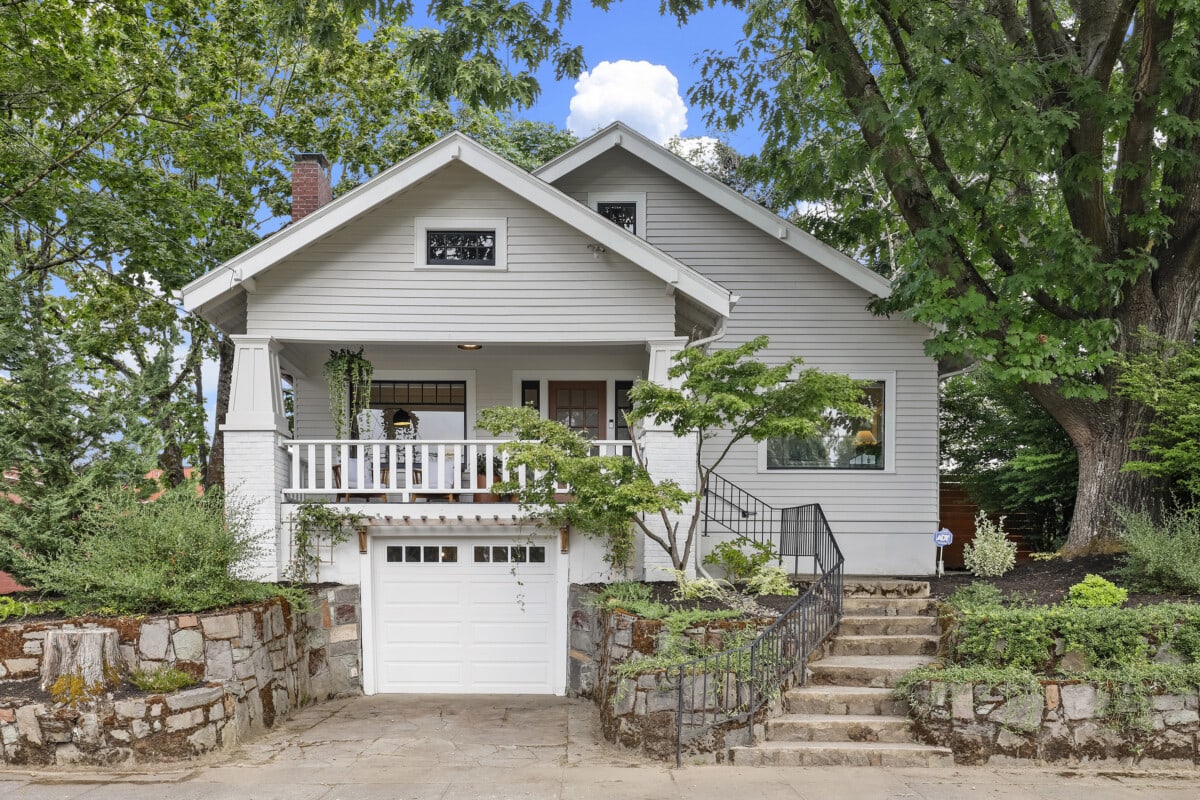How to Buy an Abandoned House

Key takeaways:
- Abandoned houses are properties whose owners have relinquished possession.
- Finding them involves checking public records, driving through neighborhoods, and working with real estate professionals.
- This real estate avenue is best suited for those prepared for a substantial commitment.
Buying an abandoned house can seem like a daunting task, but for the right buyer, it offers a unique opportunity to invest in real estate at a potentially lower cost. This Redfin real estate guide will walk you through the process, from understanding what constitutes an abandoned property to weighing the pros and cons of such a purchase.
= 
Understand what an abandoned house is
An abandoned house is a property whose owner has relinquished possession. This can happen for various reasons, including foreclosure, death of the owner with no heirs, or simply the owner moving away and no longer maintaining the property.
These homes often fall into disrepair due to neglect. It’s important to distinguish an abandoned house from a vacant house; a vacant house may still be actively owned and maintained, while an abandoned one is not. Identifying a truly abandoned home is the first step in the process.
Finding an abandoned house near you
Finding abandoned homes requires some detective work. Here are a few methods:
- Public records: County records often list properties with tax delinquencies or those in foreclosure. These can be indicators of abandonment.
- Driving for dollars: Simply driving through neighborhoods, especially older ones, can reveal neglected properties. Look for overgrown yards, broken windows, and mail piling up.
- Local government departments: Code enforcement or blight departments may have lists of properties cited for violations, suggesting abandonment.
- Real estate agents: Agents specializing in foreclosures or distressed properties often have access to listings for abandoned homes.
- Online resources: Websites dedicated to foreclosures, auctions, or distressed sales can be valuable tools.
Buying an abandoned house near you
Once you’ve identified a potential abandoned property, the buying process can differ from a traditional home purchase.
- Research ownership: Determine who legally owns the property. This could be a bank, a government entity, or the heirs of a deceased owner. Public records, like those at the county recorder’s office, can help with this.
- Understand the legal process: The method of purchase depends on the owner. You might buy through a foreclosure auction, a tax sale, or directly from a bank or government agency. Each method has specific legal requirements and risks.
- Secure financing: Traditional mortgages can be difficult to obtain for severely neglected homes. Consider alternative financing, such as hard money loans, private loans, or cash.
- Inspect the property: Even if you can’t get inside, try to assess the exterior condition. Be prepared for significant repair costs, as abandoned homes often have structural issues, mold, or outdated systems.
- Work with professionals: A real estate agent experienced in distressed properties and a real estate attorney are crucial. They can navigate the legal complexities and ensure a smooth transaction.

Pros of buying an abandoned house
Purchasing an abandoned house can offer several advantages:
- Lower purchase price: Abandoned homes are often sold below market value due to their condition and the owner’s desire to offload them quickly.
- Investment potential: With proper renovation, an abandoned house can significantly increase in value, providing a strong return on investment.
- Customization: You have the freedom to design and renovate the home to your exact specifications, creating a truly personalized living space.
- Community improvement: Rehabilitating a neglected property can positively impact the surrounding neighborhood, contributing to its revitalization.
Potential risks of buying an abandoned house
While the benefits are appealing, there are significant risks to consider:
- Extensive repairs: Abandoned homes often require substantial renovations, which can be costly and time-consuming. Hidden issues like foundation problems or extensive water damage can arise.
- Legal complexities: The ownership chain can be convoluted, leading to legal disputes or unexpected liens on the property. Due diligence is critical.
- Safety concerns: These properties may have hazardous materials like lead paint or asbestos, or present structural dangers.
- Financing challenges: Securing a traditional mortgage for a dilapidated property can be difficult, requiring alternative, often higher-interest, financing.
- Time commitment: The renovation process can be lengthy and demand a considerable amount of your time and effort.
Decide if this real estate avenue is right for you
Buying an abandoned house is not for everyone. It requires a significant commitment of time, money, and effort. Consider your financial resources, your tolerance for risk, and your willingness to undertake potentially extensive renovations. If you have a clear vision, a solid financial plan, and a team of experienced professionals, an abandoned house can be transformed into a valuable asset.
Source link






